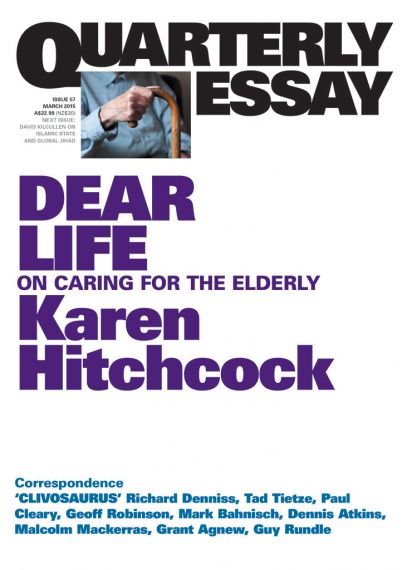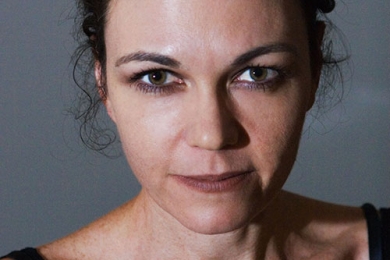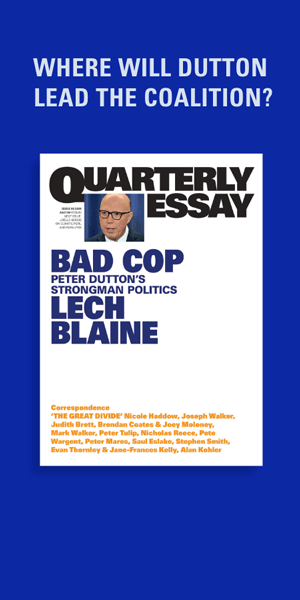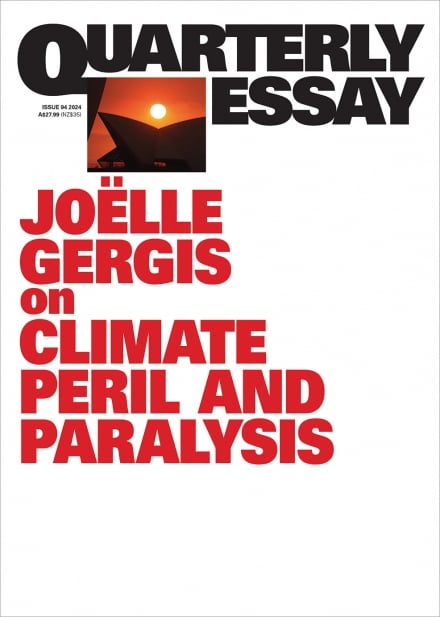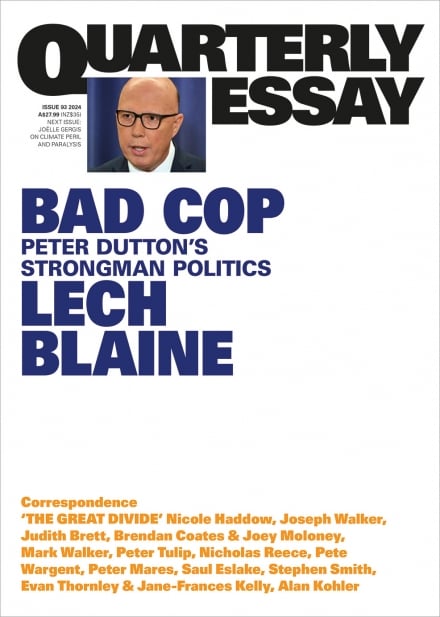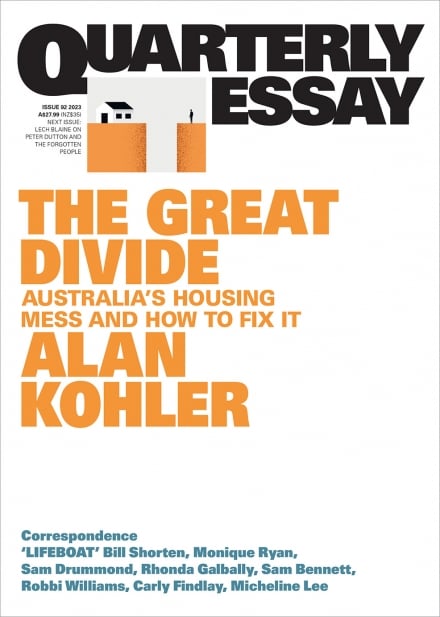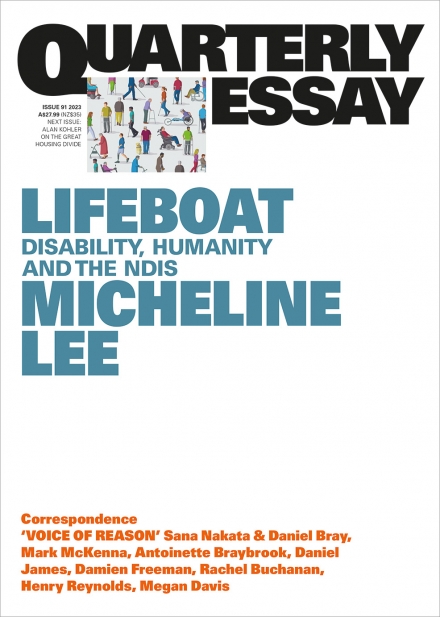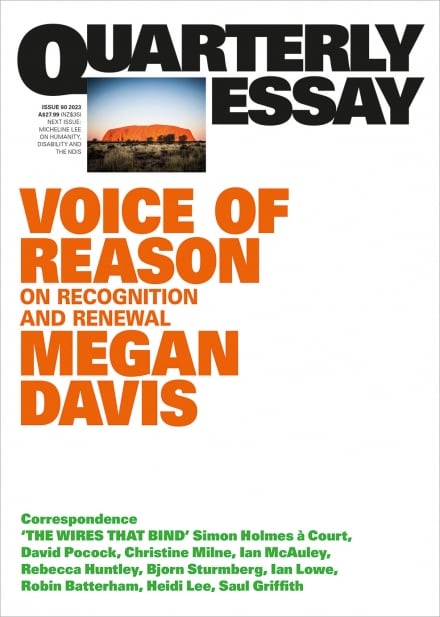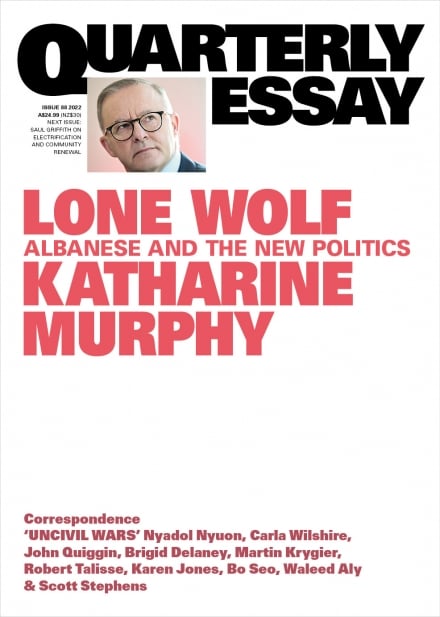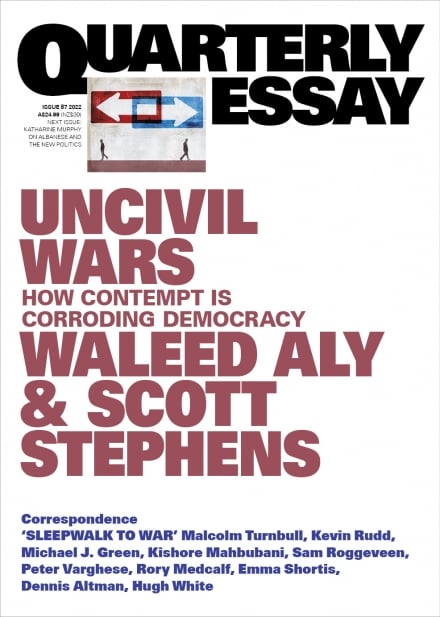Dear Life
On caring for the elderly
In this moving and controversial Quarterly Essay, doctor and writer Karen Hitchcock investigates the treatment of the elderly and dying through some unforgettable cases. With honesty and deep experience, she looks at end-of-life decisions, frailty and dementia, over-treatment and escalating costs.
Ours is a society in which ageism, often disguised, threatens to turn the elderly into a “burden” – difficult, hopeless, expensive and homogenous. While we rightly seek to curb treatment when it is futile, harmful or against a patient’s wishes, this can sometimes lead to limits on care that suit the system rather than the person. Doctors may declare a situation hopeless when it may not be so.
We must plan for a future when more of us will be old, Hitchcock argues, with the aim of making that time better, not shorter. And we must change our institutions and society to meet the needs of an ageing population. Dear Life is a landmark essay by one of Australia’s most powerful writers.
Correspondence discussing Quarterly Essay 57, Dear Life:
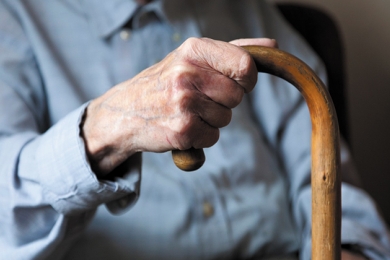
READ AN EXTRACT
In Dear Life, Hitchcock has laid out her most important work to date in the type of clear, rational, respectful prose that the topic demands. As much as our natural instinct may be to avert our gaze from death, to push it from our minds at every opportunity, this essay is inspirational and aspirational in its scope. It is highly recommended to all those who hold life dear, and especially to those whose professional lives are devoted to helping us through illness and death with dignity.
Hitchcock’s essay is not comfortable reading, but it is compelling
One of the most compelling and powerful ever published in the Quarterly Essay series
A sensitive, rigorous, and moving account that exposes the prevailing ageism in our medical services and in Australian society as a whole.
Quarterly Essay News
Sign up to receive the latest news in our newsletter



